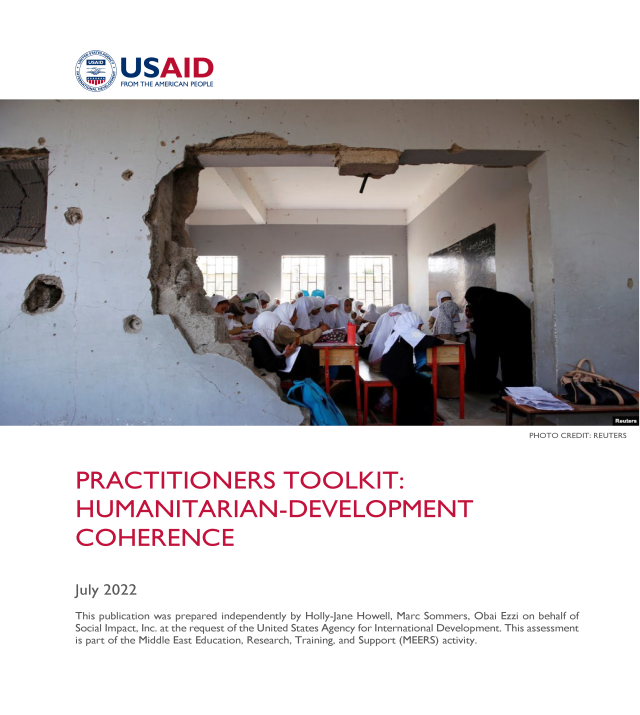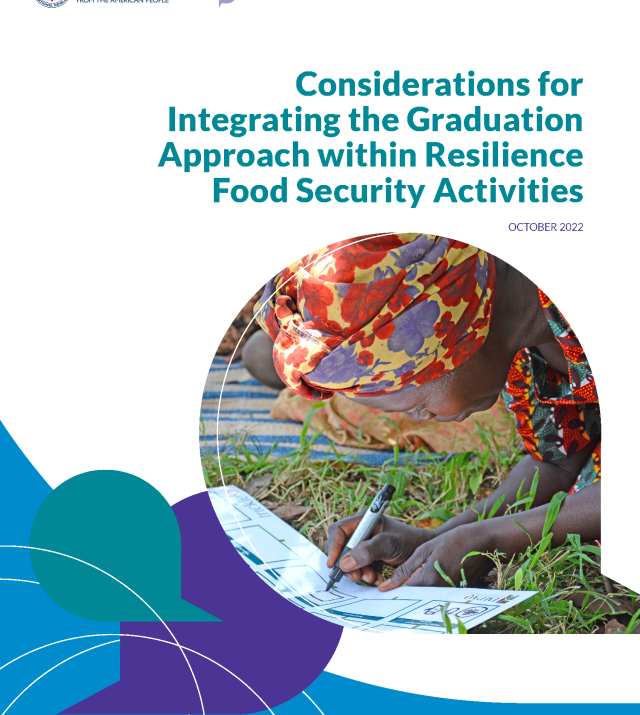
2022 Resilience Policy Revision

In response to increasing risks from factors such as Russia's war on Ukraine, COVID-19, climate extremes, and protracted conflicts, hunger rose in 2021, affecting an estimated 765 million people. The Global Report on Food Crises reported a 24% increase in acute food insecurity in 2021, emphasizing the need for strengthening resilience to address the growing complexity of shocks and stresses that threaten development gains and human well-being, with USAID focusing on adaptive management, collective planning, and inclusive approaches to work across sectors and programming types globally.
This policy builds on the 2012 Resilience Policy, expanding the vision to address a broader array of shocks and stresses worldwide. It emphasizes principles for strengthening resilience that are applicable across all USAID's work, including climate strategies, and encourages systematic, intentional, collaborative, and inclusive approaches that includes sequencing, layering and integrating to resilience-building efforts globally, transcending geographical and sectoral boundaries.

